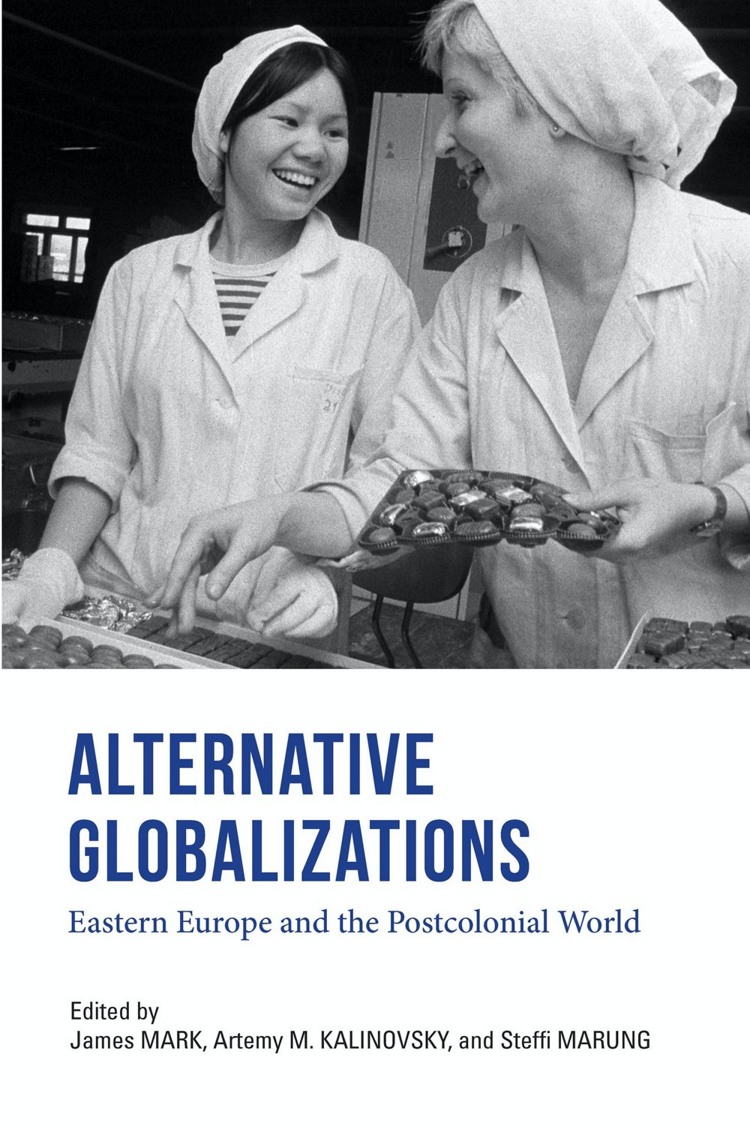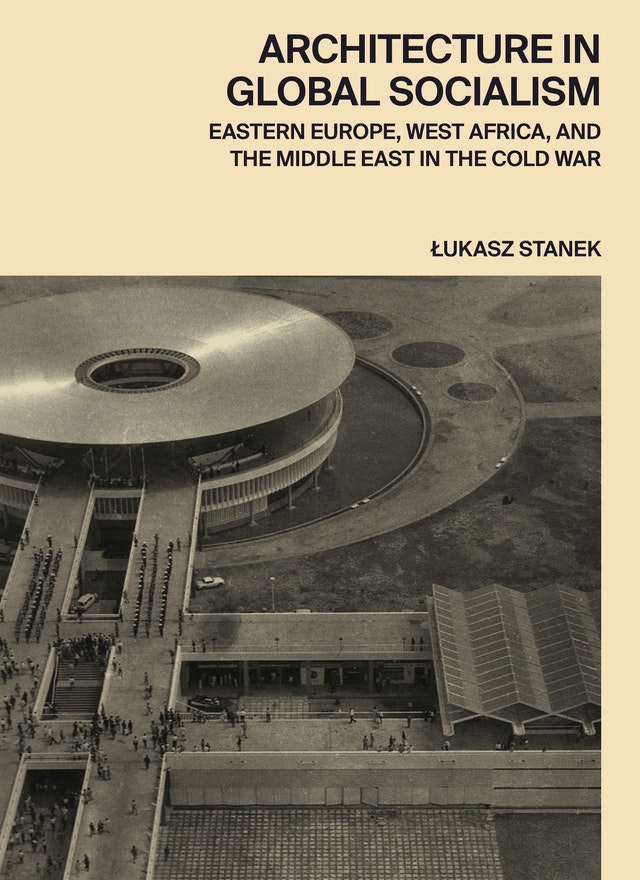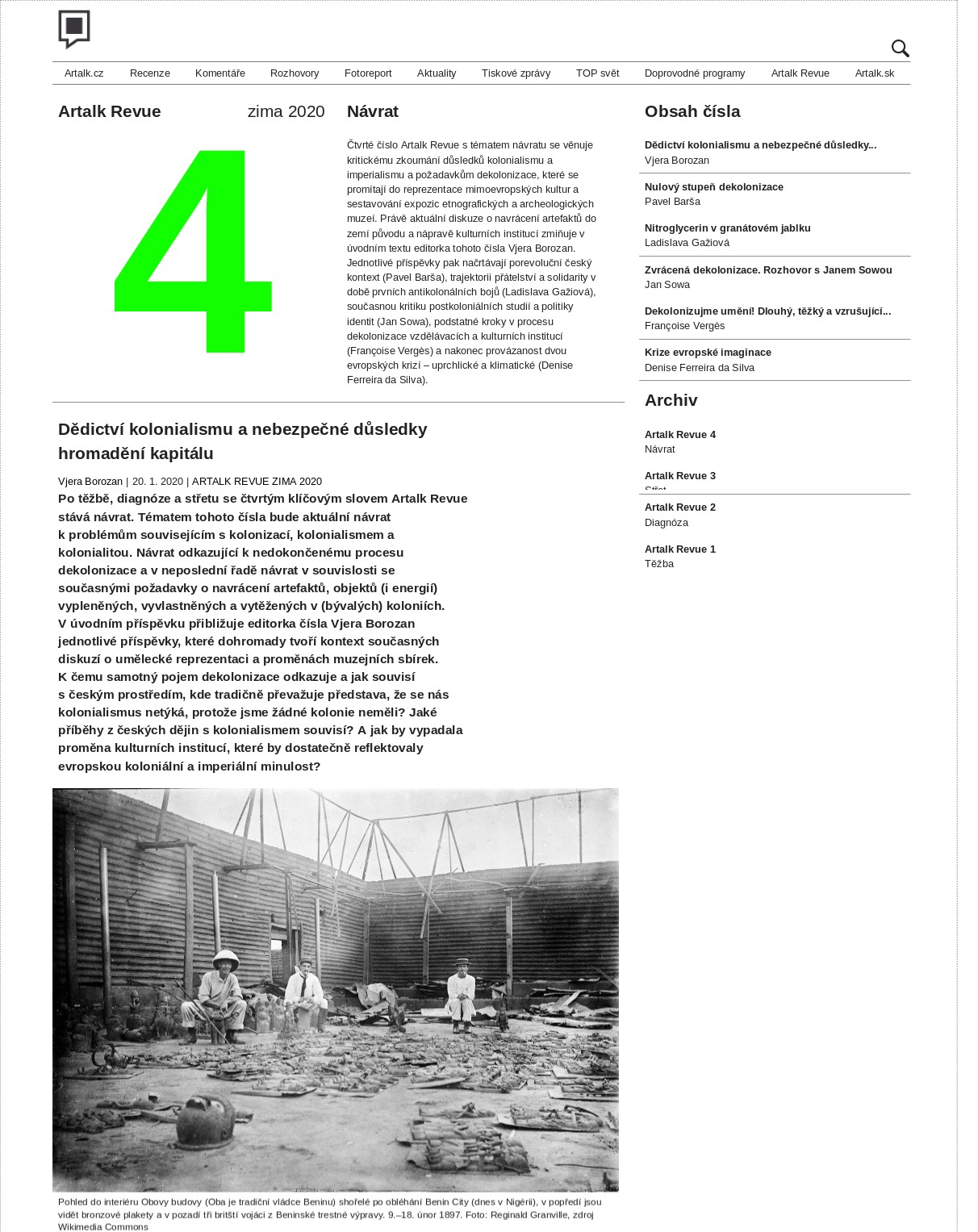James Mark, Artemy Kalinovsky, Steffi Marung (eds.): Alternative Globalizations: Eastern Europe and the Postcolonial World (2020)
Filed under book | Tags: · central europe, china, cold war, decolonization, eastern europe, economy, global south, globalisation, history, internationalism, labour, migration, nationalism, politics, postcolonialism, race, racism, socialism, solidarity, southeastern europe, soviet union

“Globalization has become synonymous with the seemingly unfettered spread of capitalist multinationals, but this focus on the West and western economies ignores the wide variety of globalizing projects that sprang up in the socialist world as a consequence of the end of the European empires. This collection is the first to explore alternative forms of globalization across the socialist world during the Cold War. Gathering the work of established and upcoming scholars of the Soviet Union, Eastern Europe, and China, Alternative Globalizations addresses the new relationships and interconnections which emerged between a decolonizing world in the postwar period and an increasingly internationalist eastern bloc after the death of Stalin. In many cases, the legacies of these former globalizing impulses from the socialist world still exist today. Divided into four sections, the works gathered examine the economic, political, developmental, and cultural aspects of this exchange. In doing so, the authors break new ground in exploring this understudied history of globalization and provide a multifaceted study of an increasing postwar interconnectedness across a socialist world.”
Publisher Indiana University Press, Bloomington, 2020
ISBN 9780253046505, 0253046505
vii+341 pages
Reviews: Jelena Đureinović (Studies of Transition States and Societies, 2020), Markus Sattler (Eurasian Geography and Economics, 2020), Ondřej Bělíček (A2larm, 2020, CZ).
Interviews with co-author (James Mark): Zoltán Ginelli (LeftEast, 2020, Part 2, Part 3).
Project website
Publisher
WorldCat
PDF (7 MB)
Comment (0)Łukasz Stanek: Architecture in Global Socialism: Eastern Europe, West Africa, and the Middle East in the Cold War (2020)
Filed under book | Tags: · architecture, cold war, eastern europe, global south, history of architecture, housing, middle east, socialism, soviet union, vernacular architecture, yugoslavia

“In the course of the Cold War, architects, planners, and construction companies from socialist Eastern Europe engaged in a vibrant collaboration with those in West Africa and the Middle East in order to bring modernization to the developing world. Architecture in Global Socialism shows how their collaboration reshaped five cities in the Global South: Accra, Lagos, Baghdad, Abu Dhabi, and Kuwait City.
Łukasz Stanek describes how local authorities and professionals in these cities drew on Soviet prefabrication systems, Hungarian and Polish planning methods, Yugoslav and Bulgarian construction materials, Romanian and East German standard designs, and manual laborers from across Eastern Europe. He explores how the socialist development path was adapted to tropical conditions in Ghana in the 1960s, and how Eastern European architectural traditions were given new life in 1970s Nigeria. He looks at how the differences between socialist foreign trade and the emerging global construction market were exploited in the Middle East in the closing decades of the Cold War. Stanek demonstrates how these and other practices of global cooperation by socialist countries—what he calls socialist worldmaking—left their enduring mark on urban landscapes in the postcolonial world.
Featuring an extensive collection of previously unpublished images, Architecture in Global Socialism draws on original archival research on four continents and a wealth of in-depth interviews. This incisive book presents a new understanding of global urbanization and its architecture through the lens of socialist internationalism, challenging long-held notions about modernization and development in the Global South.”
Publisher Princeton University Press, Princeton, NJ, 2020
ISBN 0691168709, 9780691168708
368 pages
Reviews: Gregor Harbusch (BauNetz, 2020), Alexander Adams (The Critic, 2020), Owen Hatherley (The Guardian, 2020).
Interview with author (Hilde Heynen & Sebastiaan Loosen, Architectural Histories, 2019)
PDF (55 MB, updated on 2021-4-13)
Comment (0)Artalk Revue, 4: The Return (2020) [Czech/English]
Filed under magazine | Tags: · central europe, colonialism, decolonization, global south, imperialism, postcolonialism

“The fourth issue of Artalk Revue on the theme of return is devoted to a critical examination of the consequences of colonialism and imperialism and the requirements of decolonization that translate into the representation of non-European cultures and exhibitions in ethnographic and archaeological museums. In her editorial, Vjera Borozan takes on the discussions on the return of artifacts to the countries of origin and the situation in cultural institutions. The other contributors outline the post-revolutionary context in Visegrad countries (Pavel Barša), the trajectory of friendship and solidarity during anti-colonial struggles in the 19th century (Ladislava Gažiová), current criticism of post-colonial studies and identity politics (Jan Sowa), advances in the process of decolonization of educational and cultural institutions (Françoise Vergès), and finally the links between the refugee and climate crises (Denise Ferreira da Silva).”
Edited by Vjera Borozan
Publisher Artalk.cz, Brno, 2020
42 pages
HTML (Czech)
PDF (Czech)
PDF (English)

